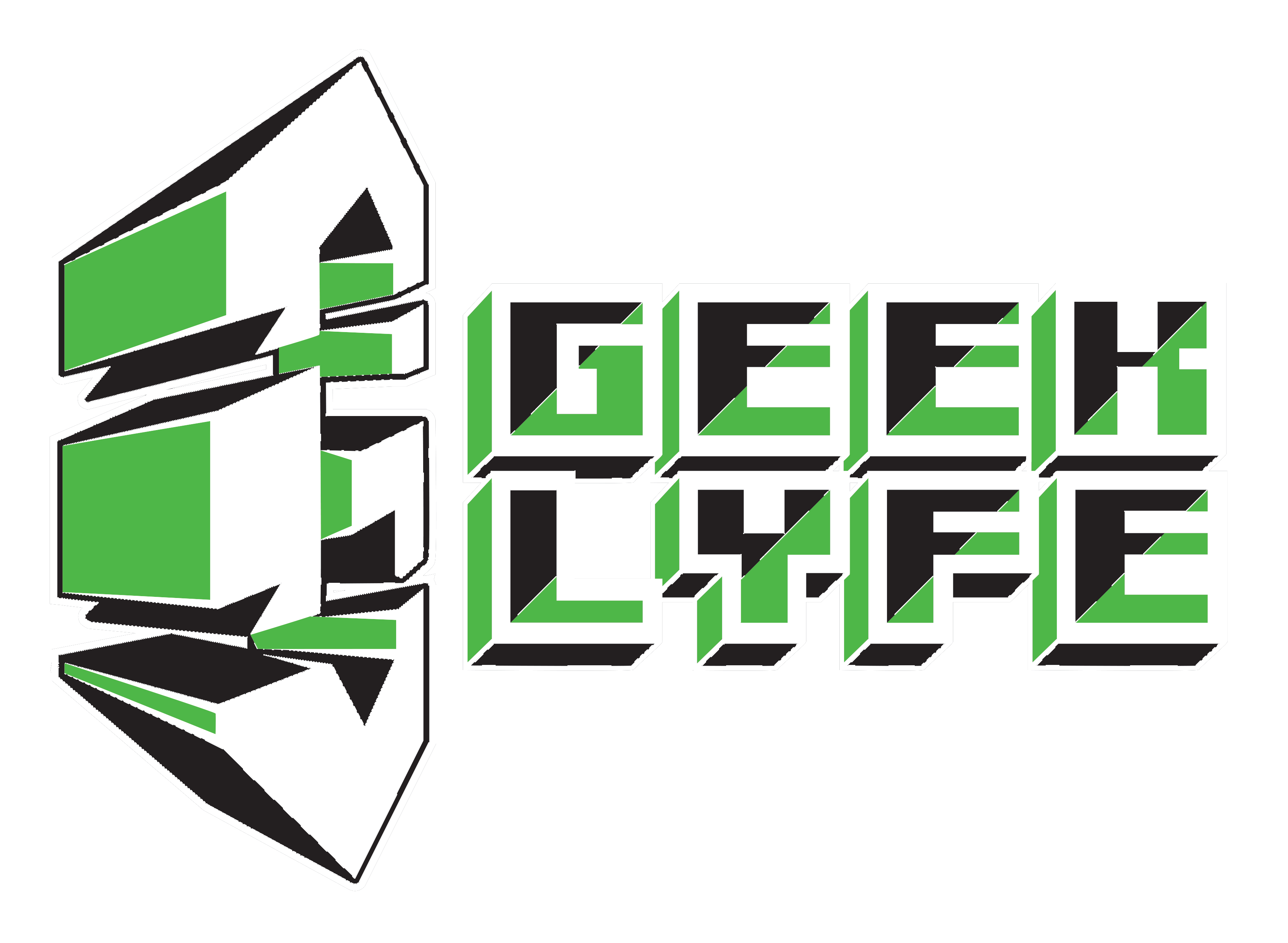
In recent months, the so-called “Loot Box Controversy” made its waves across the UK. It was initially sparked by the DCSM’s study Immersive and Addictive Technologies, released on the 12th of September 2019, which expressed concern over the possible link between exposure to loot boxes, microtransactions, and other such monetization techniques and gambling. The groups to whom the potential harm of loot boxes especially applies are children and individuals who are already problem gamblers.
Though the UK has just begun to tackle this issue, the debate about the potential harms of video games to at-risk individuals has been unfolding on a global scale for a much longer time. A notable sign of changes in the gaming world was the addition of “Gaming Disorder” to the WHO’s International Classification of Diseases. In reality, this disorder encompasses two different diagnoses – gaming addiction and gambling addiction. LevelSkip offers a comprehensive and helpful explanation on gaming addiction, what it is, how it manifests and how it can be fought. Meanwhile, CasinoGuru closely examines its counterpart, putting gambling addiction under a microscope and detailing its symptoms, as well as ways to combat it.
Respective countries have reached differing conclusions in regard to video game legislation. Belgium, China and the Netherlands either banned these monetisation practices outright or severely limited them. Just recently, one American Senator proposed a bill to ban loot boxes in video games under the Protecting Children from Abusive Games Act. Similar efforts were attempted in Hawaii two years prior in 2017.
Meanwhile, the United Kingdom, much like New Zealand, deemed loot boxes “not gambling” under its Gambling Act of 2005. Such a declaration was made by the UK’s Gambling Commission in their written response to the Immersive and Addictive Technologies study. However, do not take this statement at its face value, as the Commission expressed concern over some practices present in the video game industry, as can be seen in the quotes below.
“Our survey data found that 31% of 11-16 year olds have paid money or used in-game items to open loot boxes to get other in-game items. Where in-game items that are derived from loot boxes can be readily exchanged for cash, the loot boxes themselves are likely to fall within the definition of gambling. The greater the availability, scale and sophistication of secondary markets where in-game items can be sold, the stronger the case becomes that the in-game items are articles of money or money’s worth.”
“We are concerned that there are large video game companies who are failing to proactively enforce their own platform’s terms of use to prevent in-game items being readily exchanged for cash. Whilst technical challenges may exist, such companies should have the resource and creative talent to develop solutions and we consider they have a responsibility given these problems have arisen from the platform and eco-system for games that they have created in pursuit of commercial objectives.”
Taking these statements into account, one might wonder why loot boxes were deemed unfit for legislation. The answer lies within the technicality of their definition. While loot boxes are essentially games of chance, most examples operate in a closed loop. In return for real-world money, you can only obtain in-game items and not the other way around. For something to be considered “gambling”, there needs to be the opportunity to gain monetary value for playing, and as such, loot boxes do not fulfil this requisite. Game companies have a tendency to happily point to this fact whenever these practices are called into question, as can be seen in the now-infamous “surprise mechanics” quote by Kerry Hopkins (EA’s Vice President of Legal and Government Affairs).
The fact of the matter is that these monetisation practices produce a lot of revenue for video game companies. The loot box industry is said to generate 50 billion USD by 2022. And the vast majority of this revenue comes from so-called “whales” – individuals who spend exorbitant amounts of money in one singular game. Examples of this can be seen in testimonies such as the disabled 22-year-old who spent 3,160£ in one game over a three month period or the person who spent 10,000£ on FIFA in 2 years. It is no surprise that such spending habits are not necessarily limited to gaming and can potentially bleed into gambling, as seen in this story here.
The Gambling Commission released its annual report Gambling Participation: behaviour, awareness and attitudes this year in February. It found that between October 2017 and September 2018, about £14,5 billion was spent on gambling. Concern was raised over the number of young gamblers aged between 11-16, said to be “two-fifths in the past year”. Meanwhile, the number of problem gamblers is “one-in-nine” so about 11% of the British population.
To summarise, loot boxes shall remain legal in the UK for the foreseeable future. Worried individuals will have to rely either on themselves or wait for video game companies to start incorporating ethical practices for the protection of their own customers. Unfortunately, these companies have not been known for their readiness to begin incorporating such changes and as such, it may be a long wait indeed.
Chicano | Fighting/Writing for Diversity | DM since 08 | Anime Lover | Site: https://www.thegeeklyfe.com | info@thegeeklyfe.com | http://twitch.tv/that_deangelo | https://linktr.ee/deangelomurillo





Spins
REally good